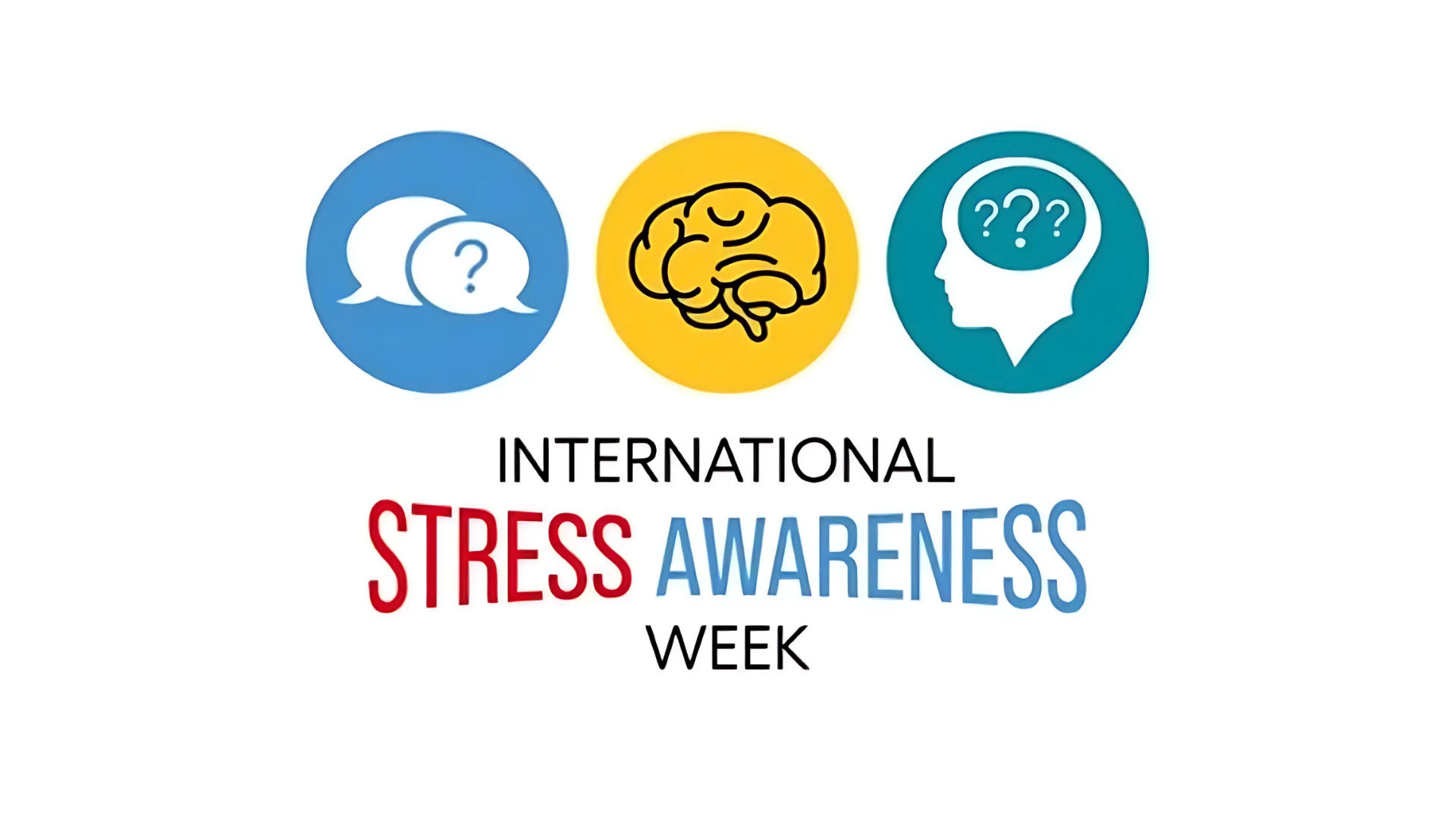
Stress Awareness Week: Understanding and Managing Stress
As we enter Stress Awareness Week, it’s a vital time to reflect on the impact of stress on our lives and the importance of managing it effectively. Stress is a common experience that affects everyone, regardless of age or background, and understanding its implications is crucial for our overall well-being.
What is Stress?
Stress is the body’s natural response to demands or pressures in our lives. It can be triggered by various factors, including work, relationships, financial concerns, or health issues. While some stress can be motivating, chronic or excessive stress can lead to significant physical and mental health problems, including anxiety, depression, and cardiovascular issues.
The Importance of Stress Awareness Week
Stress Awareness Week serves as an opportunity to raise awareness about the effects of stress and promote strategies for managing it. By acknowledging the signs and sources of stress, individuals can take proactive steps to enhance their well-being and reduce its negative impacts.
Recognizing the Signs of Stress
Understanding the signs of stress is the first step toward managing it effectively. Common symptoms of stress may include:
- Physical symptoms: Headaches, fatigue, muscle tension, or digestive issues
- Emotional symptoms: Anxiety, irritability, mood swings, or feelings of overwhelm
- Behavioral changes: Changes in sleep patterns, appetite fluctuations, or social withdrawal
Tips for Managing Stress
- Practice Mindfulness: Engage in mindfulness practices such as meditation, deep breathing exercises, or yoga. These techniques can help you stay grounded, reduce anxiety, and enhance emotional resilience.
- Stay Active: Regular physical activity is a powerful stress reliever. Aim for at least 30 minutes of exercise most days of the week. Whether it’s a brisk walk, cycling, or dancing, find activities that you enjoy.
- Connect with Others: Social support is crucial for managing stress. Reach out to friends, family, or colleagues to talk about your feelings and experiences. Sometimes, just sharing your concerns can lighten the burden.
- Establish Boundaries: Learn to say no to additional responsibilities when you’re already feeling overwhelmed. Setting boundaries is essential for maintaining a healthy work-life balance.
- Prioritize Self-Care: Make time for self-care activities that bring you joy and relaxation. This can include reading, taking a bath, listening to music, or spending time in nature.
- Seek Professional Help: If stress becomes overwhelming, consider seeking support from a mental health professional. Therapy can provide valuable tools and coping strategies to manage stress effectively.
- Maintain a Healthy Lifestyle: A balanced diet, adequate sleep, and hydration are fundamental to managing stress. Nourishing your body can positively impact your mental health and resilience.
- Engage in Hobbies: Make time for activities you love, whether it’s painting, gardening, or playing an instrument. Engaging in hobbies can serve as a distraction and boost your mood.
How Blue Umbrella Psychiatry Can Help
At Blue Umbrella Psychiatry, we understand that stress is a prevalent issue that affects many individuals. Our team, including Dr. Robbins and our skilled Psychiatric Mental Health Nurse Practitioners (PHMNPs) and therapists, is dedicated to providing support for managing stress and promoting mental health. We offer a range of services to help you develop coping strategies and improve your overall well-being.
Conclusion
As we observe Stress Awareness Week, let’s take the time to acknowledge the impact of stress on our lives and prioritize our mental health. By implementing effective stress management strategies and seeking support when needed, we can navigate life’s challenges more effectively and enhance our overall well-being.
If you’re struggling with stress or mental health concerns, reach out to us at Blue Umbrella Psychiatry. We’re here to support you on your journey to better mental health.













